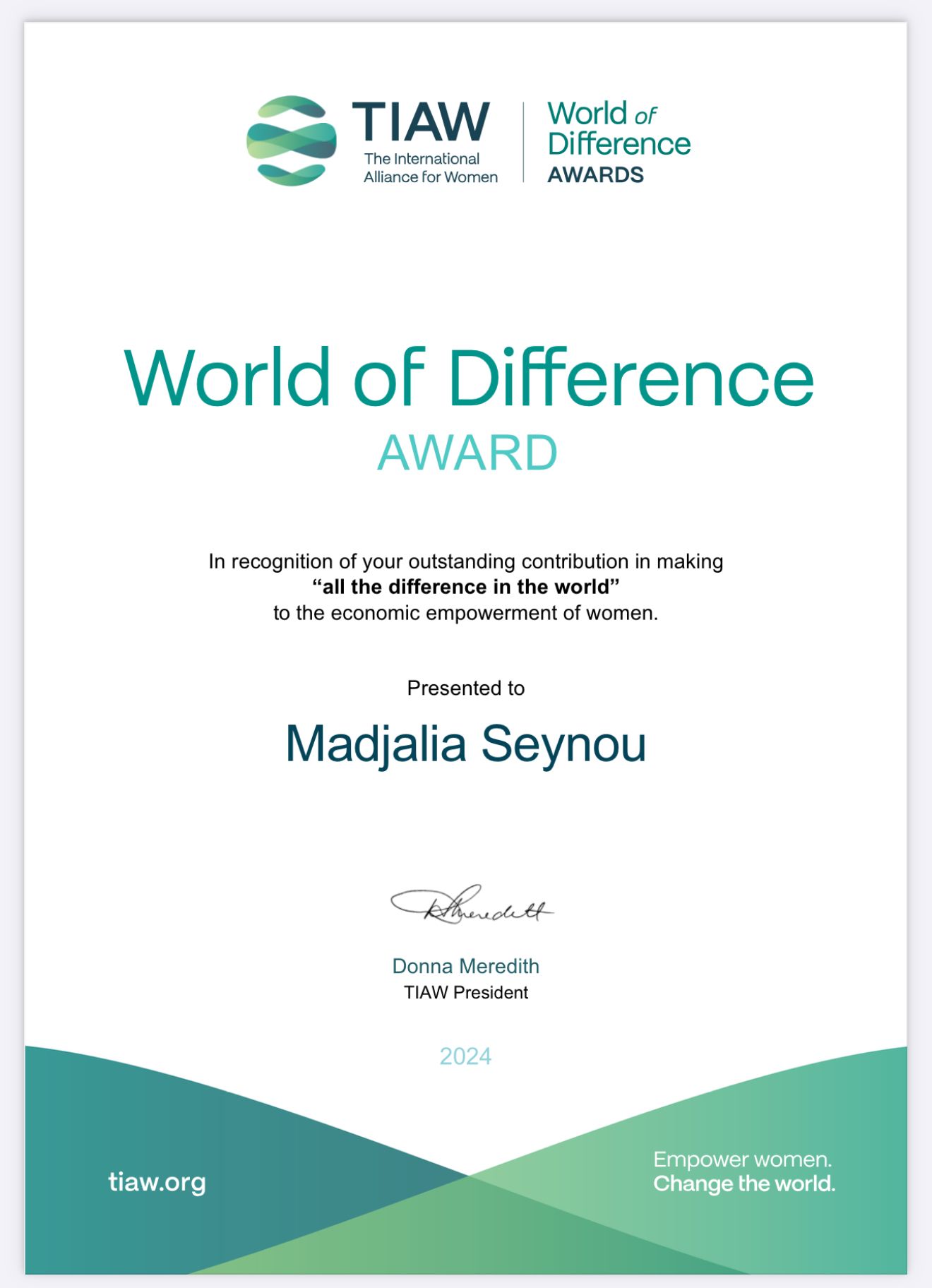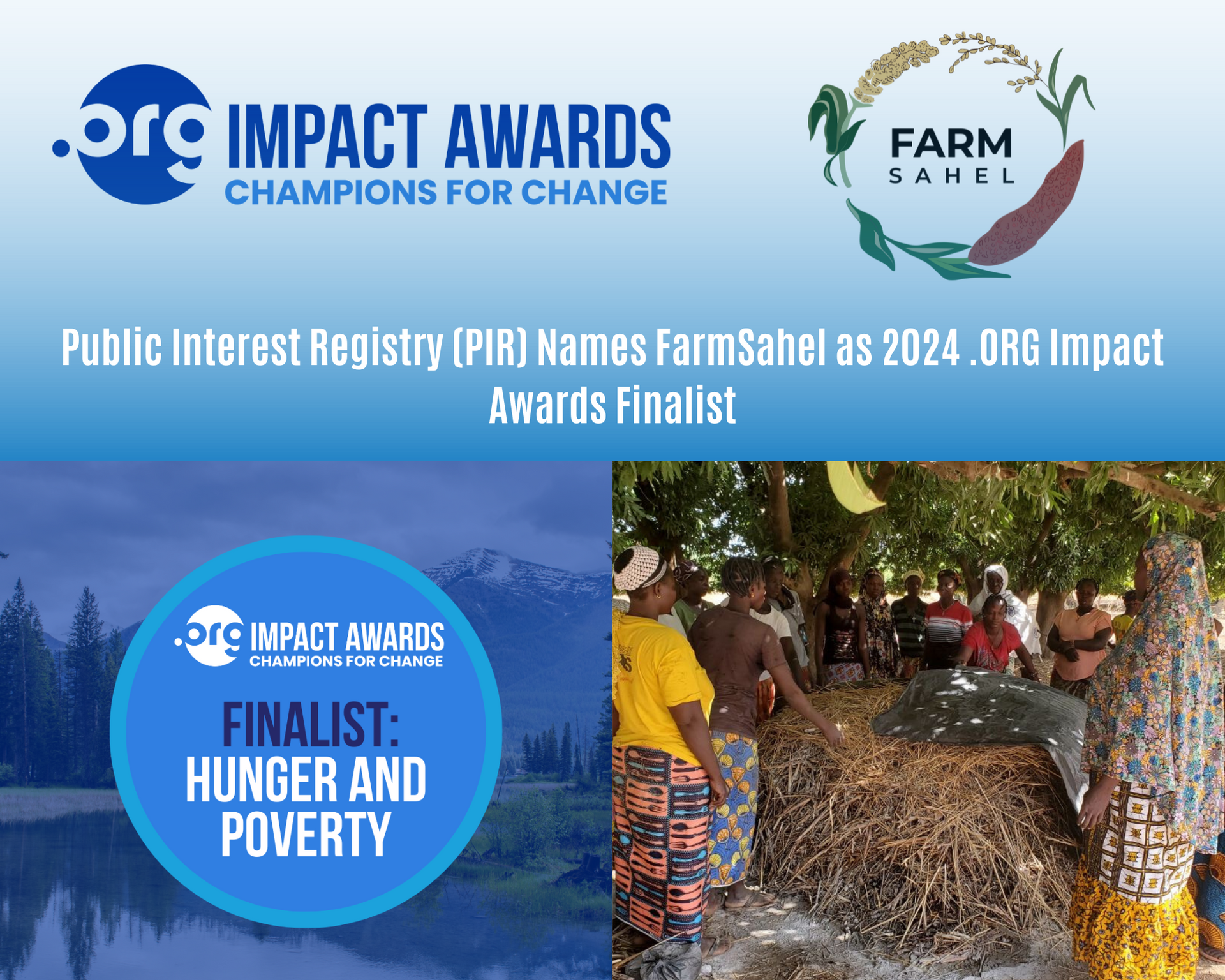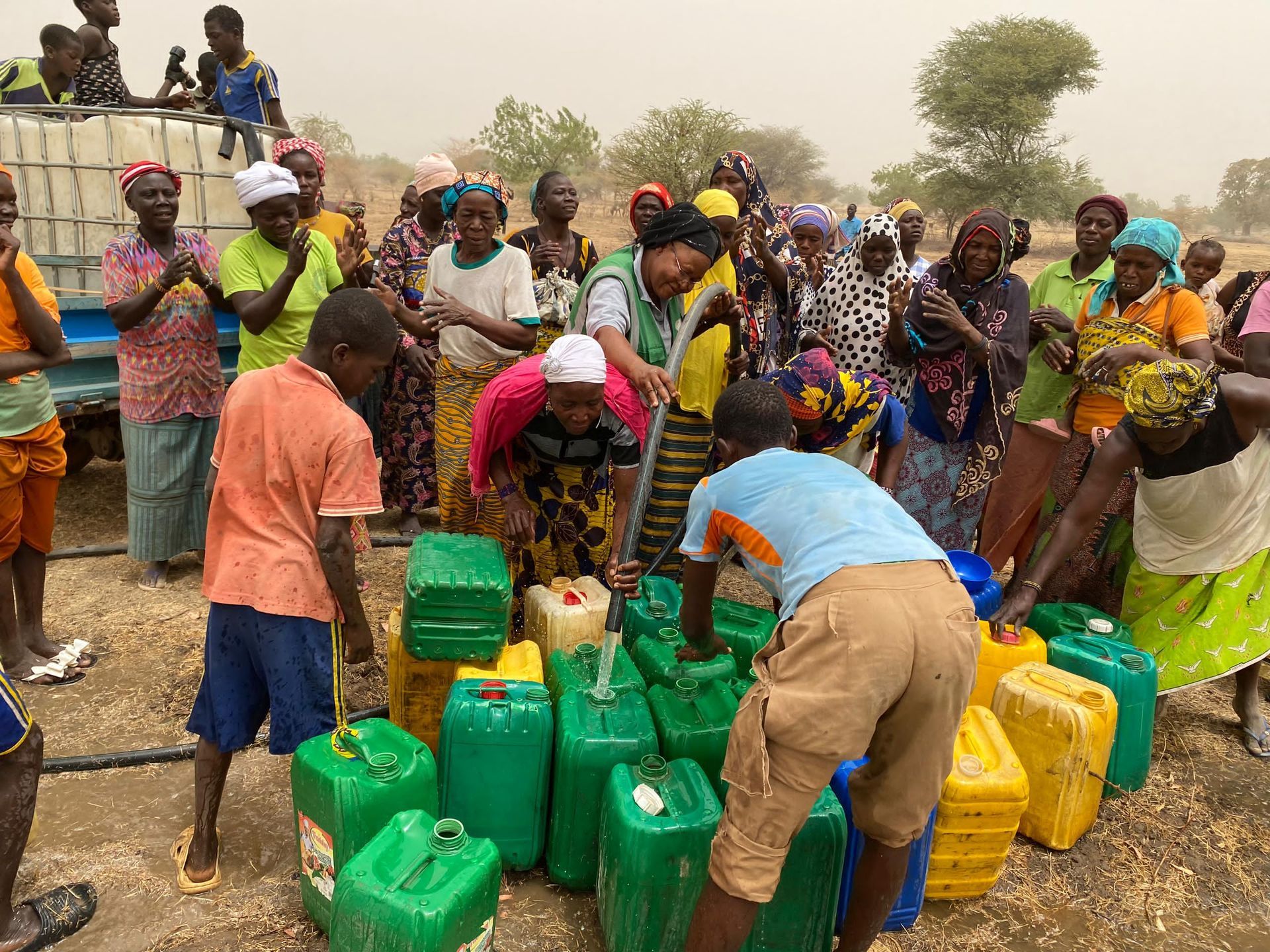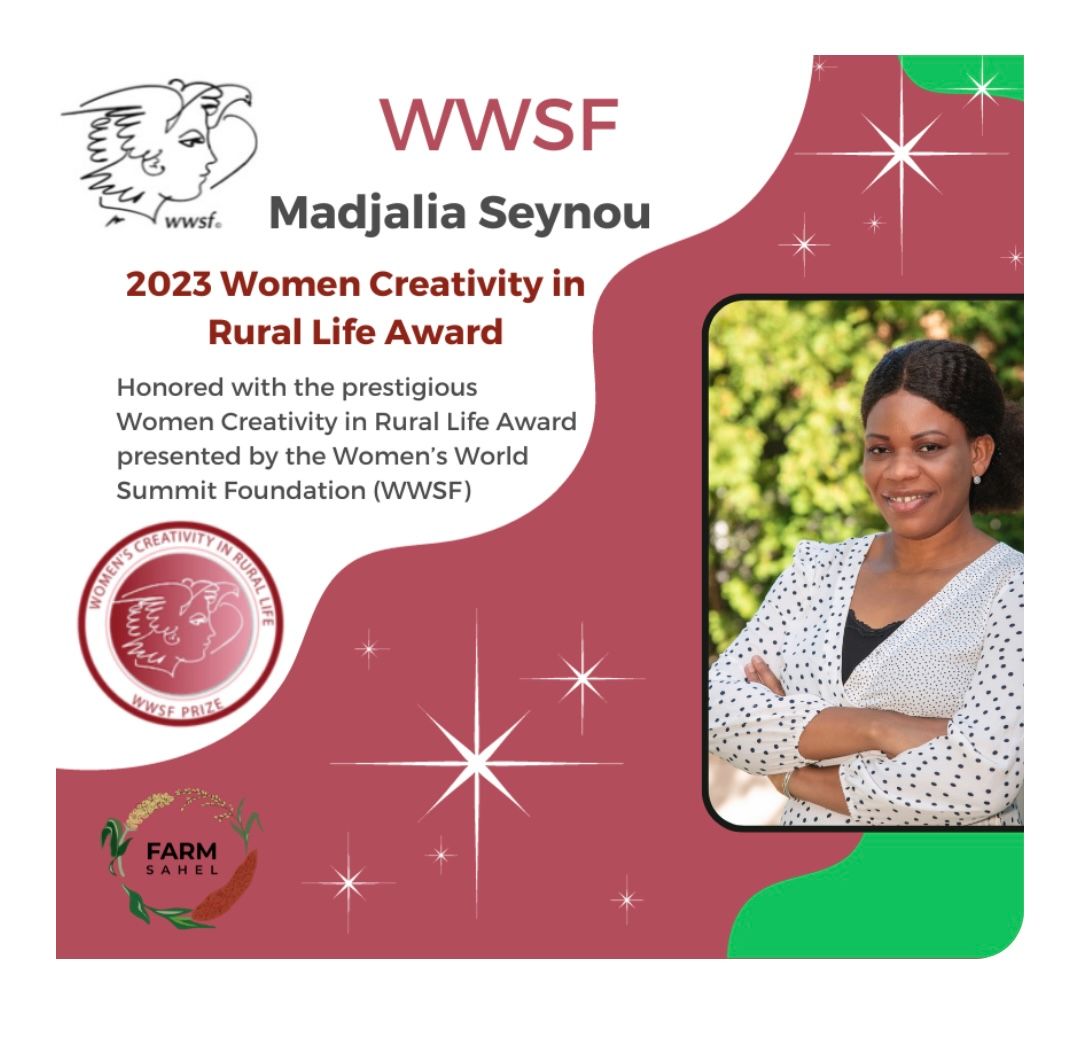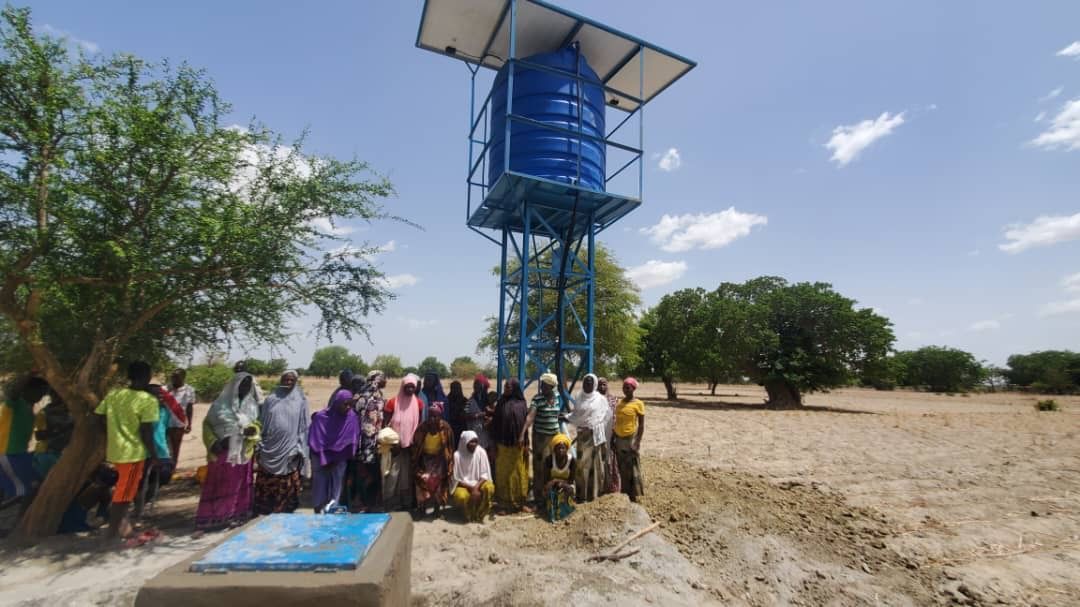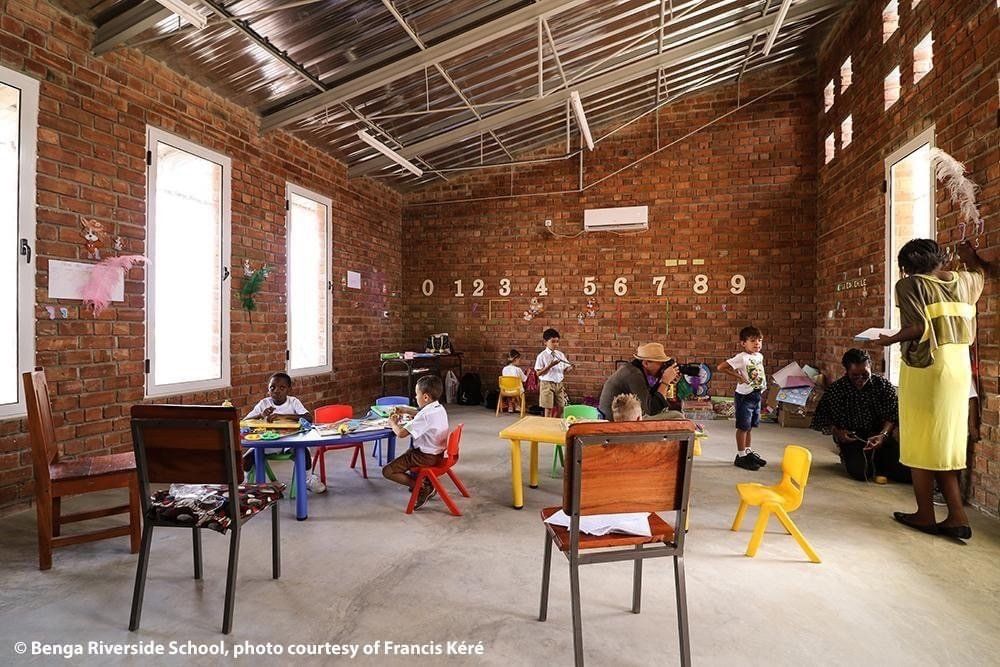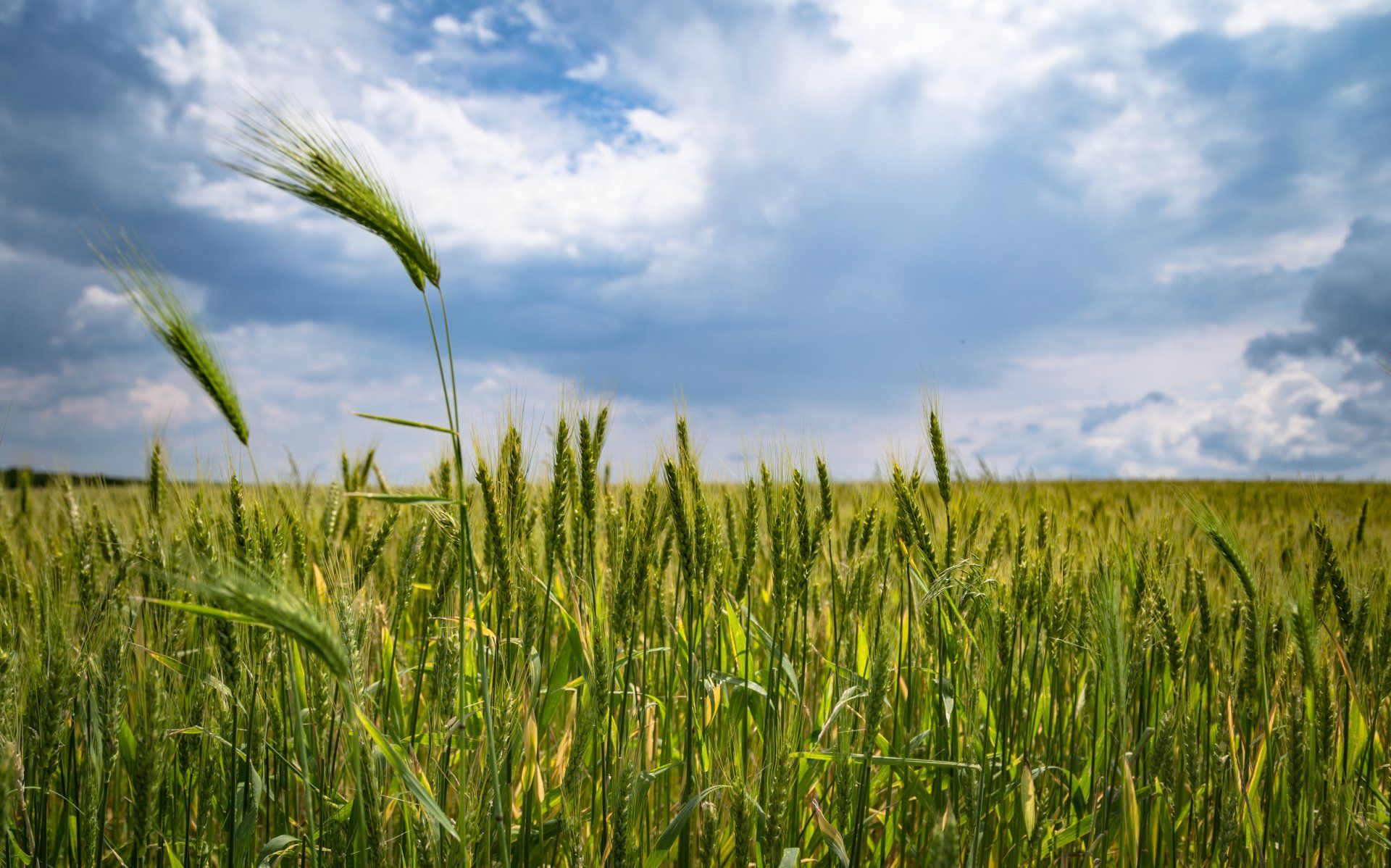Regenerative Cultivation is Revitalizing Africa
As the industrial age boomed and populations increased, food supply had to meet demand. So scientists invented new chemicals for farmers worldwide who were racing to produce the highest yields regardless of climate impact. As a result, harmful chemicals that killed microbial life and contaminated water supplies were spread around the globe to industrial and small-holder farmers alike. Now that people are feeling the deadly effects of climate change, we are waking up to the idea that it is necessary to live in harmony with our surrounding ecosystem rather than exploit it.
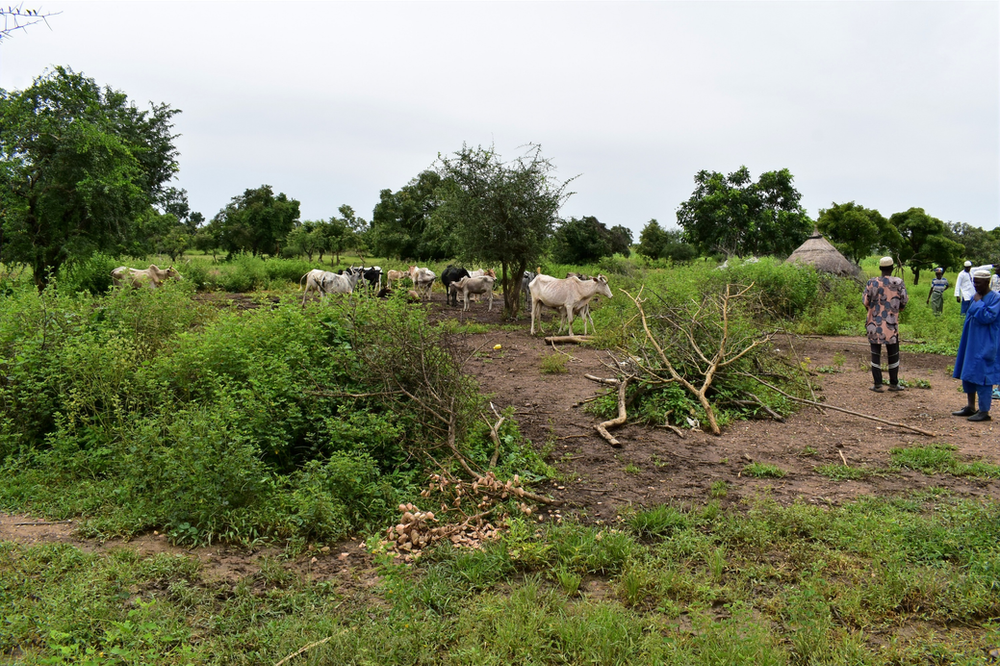
Better known as regenerative cultivation, farmers in Africa and around the world are learning about the benefits of patiently restoring life to their soil. For decades, harmful chemicals have kept pests and diseases from crops. However, these same chemicals have eroded agricultural land to devastating levels. According to a recent study conducted by IUCN, in Africa alone, nearly half of all agricultural land has signs of severe land degradation affecting over 650 million people. The report, published and delivered at COP26, provides compelling evidence of the positive impacts of regenerative cultivation practices.
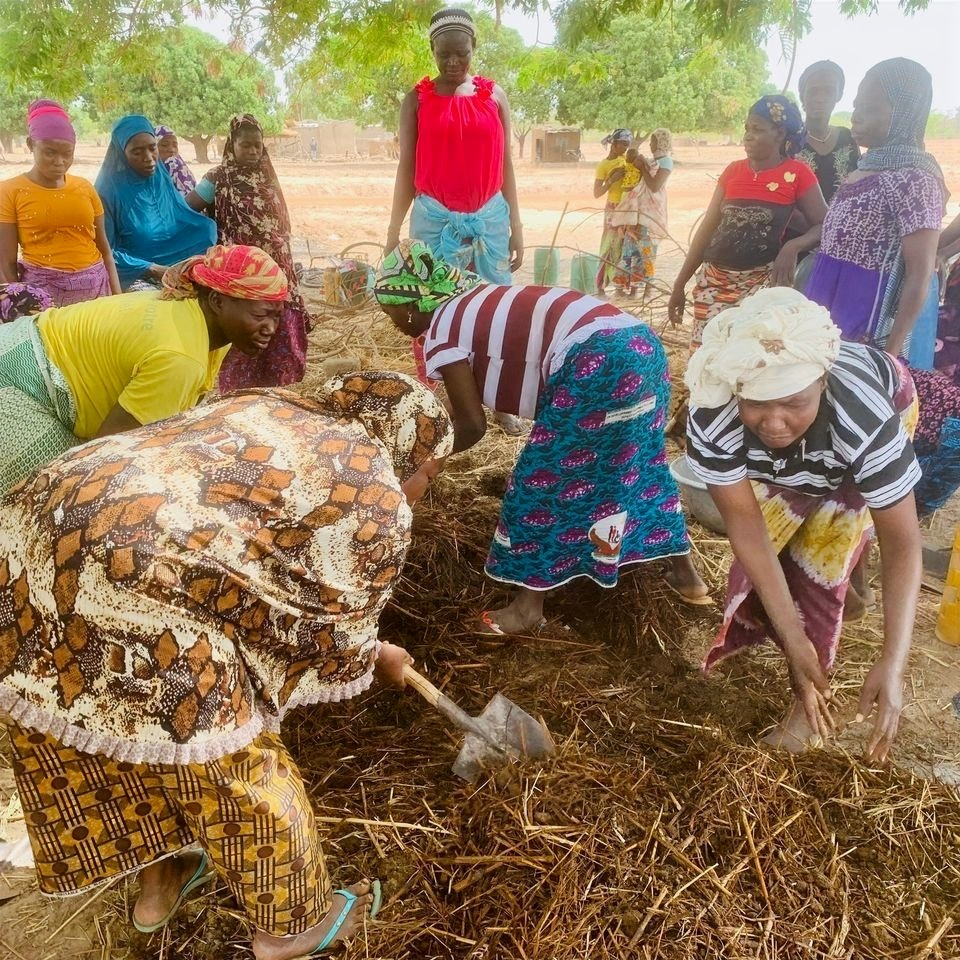
Using synthetic chemicals and mono-crop agriculture is a relatively new and industrial way of farming. It has killed pollinators, polluted water supplies, and eroded soil at a rate of 10 to 100 times faster than the soil can regenerate, leaving productive fields in ruin. In fact, many ancient cultures understood the importance of regenerative cultivation, the act of farming in harmony with nature. A quick and widespread turn towards regenerative cultivation will nurture farmland by restoring soil and promoting ecosystem health.
Regenerative cultivation does not just focus on the health of farming soil. It takes the entire ecosystem into account, from forest management to wildlife protection. Farmers throughout Africa have already started implementing regenerative cultivation practices into their communities. Ecological benefits were shown to be vast, including improvements in soil health and fertility, healthier crops, increased yields, and vast microbial communities. There was also a drastic decrease in soil erosion and a boost in climate resilience. Healthy soil can retain water for longer periods of time when climate change produces deadly droughts, and healthy soil can absorb more water when damaging floods come to a region.
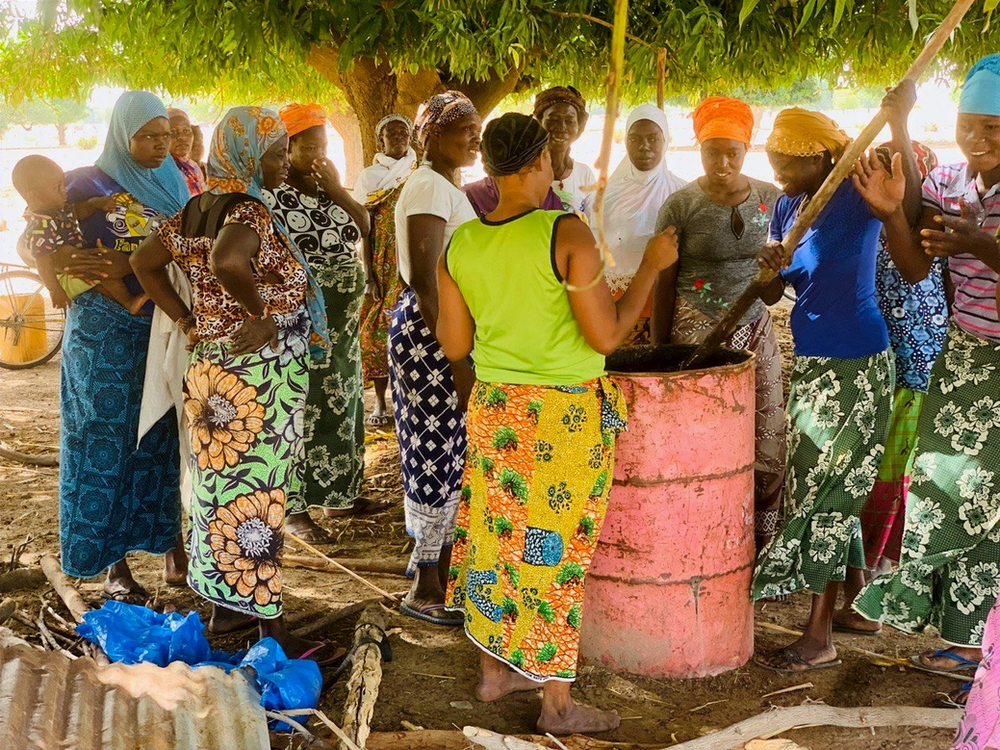
While some farmers in Africa have started regenerative cultivation, it is not so easy to simply start to implement it. Small-holder farmers may only have access to the harmful chemicals that are so widespread. It may be the only way in which to secure their crops and feed their family. Luckily, the IUCN report finally gives quantitative evidence of the benefits of regenerative cultivation.
The report showed that farmers can see an increase in crop yields ranging from 13% to 40% by 2040 if regenerative cultivation practices are implemented. It stated that 5 million more jobs will be added to the African economy by 2040 in farming, processing, and other related sectors. Farming in harmony with nature will benefit both industrial and small-holder farmers by securing the supply chain and strengthening livelihoods. Focusing on small-holder farmers in sub-Saharan Africa, the report explains that income for farmers can increase to 150 USD a year. By 2040, regenerative cultivation across Africa will bring a 30% reduction in soil erosion, up to 60% increase in water infiltration rates, a 24% increase in nitrogen content, and a 20% increase in deep carbon content within the soil.
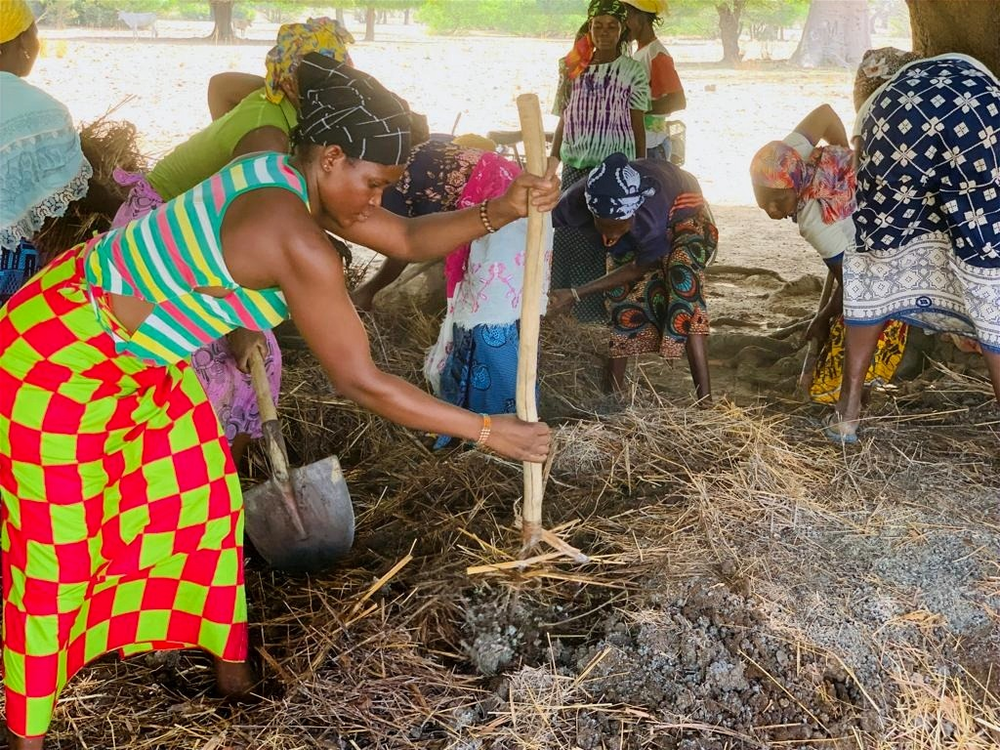
Farmers will be able to increase their soil nutrients through crop management such as crop rotation, cover cropping, and crop diversification. Also, soil management, including reducing tillage, soil cover, and methods that build organic soil carbon, will boost soil longevity. Regenerative cultivation also focuses on the wider ecosystem at large. Agroforestry is a vital aspect of revitalizing the ecosystem. Planting, growing, and protecting forests is essential to bring diversification back to the ecosystem. It will not only help regenerate soil nutrients, but it will also fight against climate change, act as a carbon sink, and protect the arid lands of Africa from further erosion.
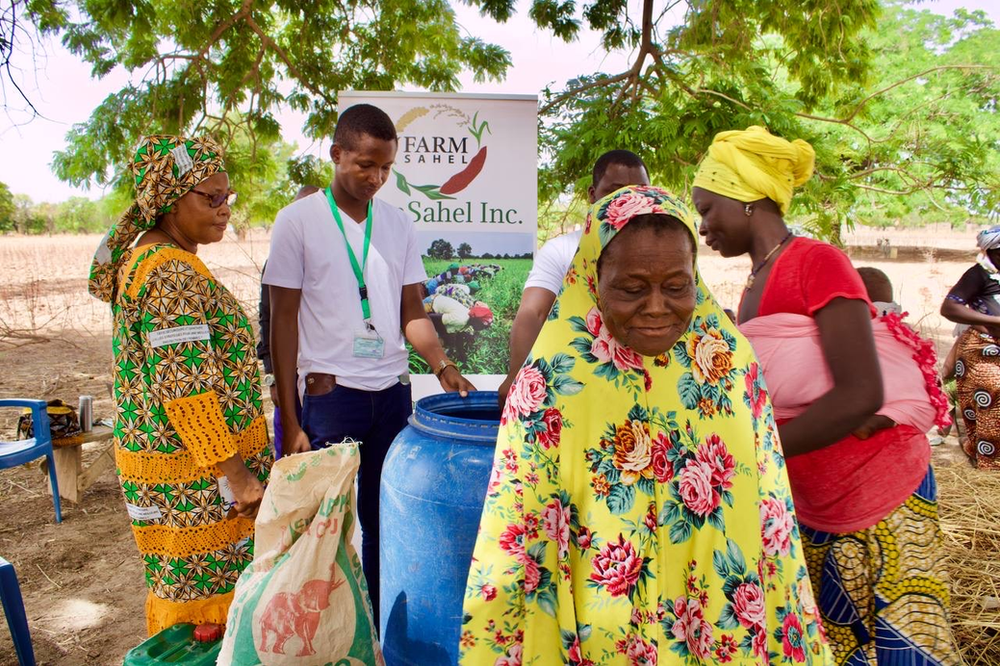
Regenerative cultivation is a slow process that will significantly benefit generations to come. While the benefits of this practice are clear, it is not so simple for many small-holder farmers who are barely getting by to switch. Climate change and harmful fertilizers have continued to degrade the already arid soil that small-holder farmers are stuck with. FarmSahel has created a new project that focuses on bringing regenerative cultivation practices to small-holder farmers in Africa. We rely on individual contributions from people to implement these life-saving practices. FarmSahel hopes to train farmers on organic composting, tree planting and forest management, crop rotation, and soil conservation. These aspects will give small-holder farmers the knowledge and resources they need to grow Africa into the vibrant and prosperous continent it deserves to be seen as.
